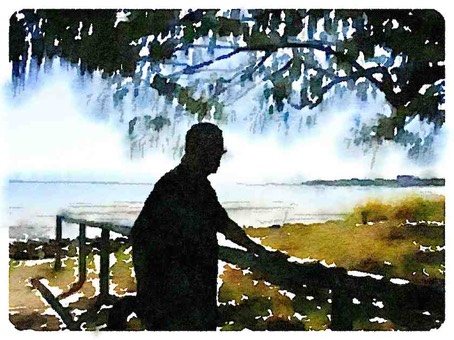 As a historian in terms of academic background and personal inclination the past has provided me with a constant source of fascination. That’s particularly true of the times I’ve been lucky enough to live through.
As a historian in terms of academic background and personal inclination the past has provided me with a constant source of fascination. That’s particularly true of the times I’ve been lucky enough to live through.
Many of the titles on my bookshelves deal with what could be termed contemporary history, and this project sprang out of the process of reading and reflecting on those volumes. I don’t pretend to be an expert on these subjects, and in many cases my understanding is superficial, but I’ve launched onto this chronological examination of themes and events over the past sixty years as a way of sorting these things in my own mind. I’ve also tried to put them into a wider context, the collapse of the five Cs that I see as characterising the society in which I grew up.
None of the chapters are finished. In all likelihood, none will be, but I’ve adopted the technique that stood me in good stead in my student days to make a start and as I find something that relates to what’s there the article will be modified in the light of what I’ve just run across. At the time my practice of writing a shorter argument outlining what I wanted to say and padding it out with quotations, references and footnotes was aimed at obtaining the maximum result from the amount of effort I was expending but I can’t see why that approach can’t work in this environment as well. Much of what’s currently included in these articles is drawn from those ubiquitous twenty-first century founts of all knowledge Google and the Wikipedia.
That's probably unavoidable since source material on, say, the history of Laos or the Malaysian Confrontation isn't exactly thick on the ground on my bookshelves or in the public libraries in Bowen and the Gold Coast.
As a result I've taken my recollections, checked with those on-line sources to get the chronology and create a starting point and plan on revising those articles as I find something that relates to what's already there. I hope at some point, for example, to have the opportunity to read Bob Hering's biography of Sukarno, and when I do it will no doubt provide information that will help fill out my understanding of what went on during Konfrontasi. Those factors, of course, mean that these pieces will probably never be finished, but they're not meant for serious academic purposes.